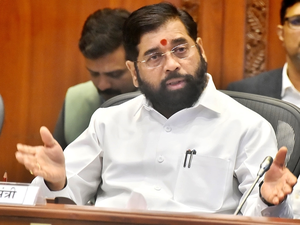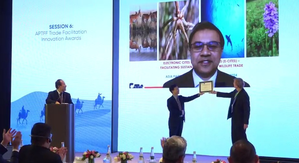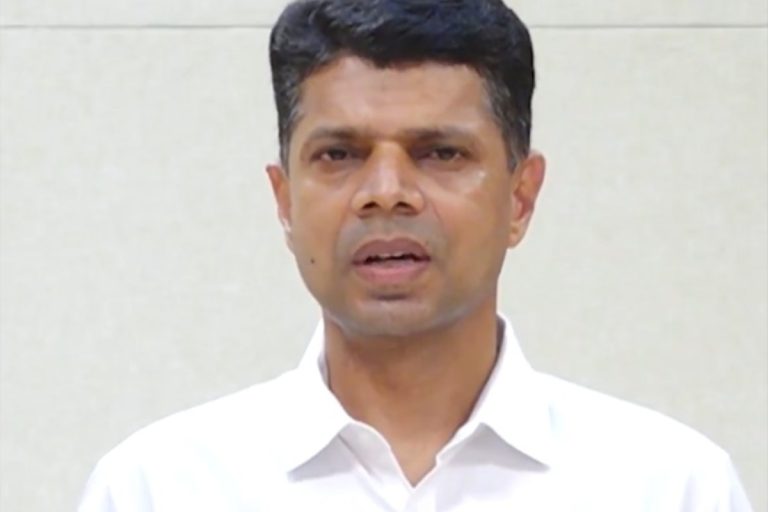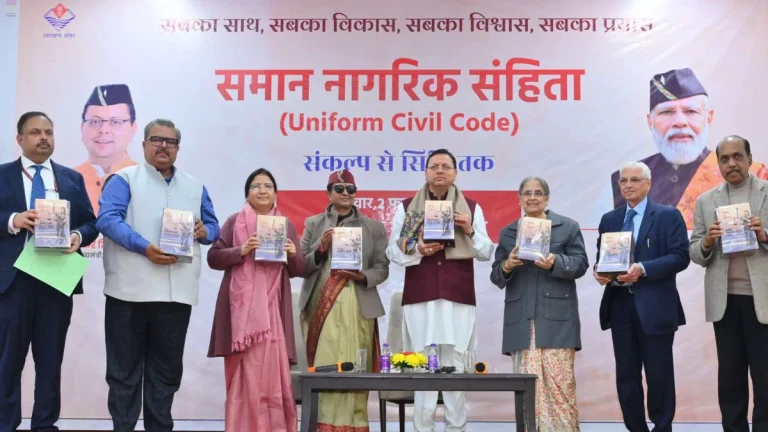Maha Cabinet clears semiconductor, EV projects worth Rs 1.17 lakh crore

Mumbai, Sep 5 (IANS) The Maharashtra Cabinet sub-committee on industries headed by Chief Minister Eknath Shinde on Thursday approved four mega projects based on advanced technology with a total investment of Rs 1.17 lakh crore in Marathwada, Vidarbha, Pune and Panvel.
These projects, which are in the fields of semiconductor and electric vehicle manufacturing, are expected to create 29,000 jobs.
Speaking about the projects, CM Shinde said: “There will be a large amount of investment in semiconductor and electric vehicle manufacturing, and they will generate direct and indirect employment. With the commissioning of these projects, Maharashtra will be recognised as a leading state in the field of electric vehicle manufacturing. These projects will help develop a strong local supply chain by promoting technological innovation, research and development and, more importantly, the micro, small and medium enterprises will benefit greatly.”
The Chief Minister’s Office (CMO) said that the Cabinet sub-committee on industries in July had approved projects with an investment of Rs 80,000 crore. “With today’s approval of Rs 1.17 lakh crore, the state will get a total investment of Rs 2 lakh crore. Together there will be the creation of 35,000 jobs,” an official said.
Tower Semiconductor Company’s mega project of semiconductor manufacturing based on advanced technology will be developed at Panvel in Raigad district with a proposed investment of Rs 58,763 crore in the first phase and another Rs 25,184 crore in the second phase.
Together, the company will invest Rs 83,947 crore and create 15,000 jobs.
The Israel-based Tower Semiconductor, the leading foundry of high value analog semiconductor solutions, provides technology, development, and process platforms for its customers, and is leading the analog ecosystem with high-quality, innovative technological solutions, providing strong competitive advantages in various growing markets.
It manufactures integrated circuits using specialty process technologies, including SiGe, BiCMOS, Silicon Photonics, SOI, mixed-signal and RFCMOS, CMOS image sensors, non-imaging sensors, power management, and non-volatile memory as well as MEMS capabilities.
According to the CMO, the cabinet sub-committee on industries at its meeting held on July 30 had cleared RRP Electronics’ mega semiconductor manufacturing project to produce OSAT and chips.
The projects by RRP Electronics and Tower Semiconductor Company will lead to the production of advanced semiconductors in the state, making Maharashtra at the forefront in this sector.
These projects are expected to provide a boost to meet the growing demand in the country and establish a semiconductor ecosystem.
The project of Skoda Auto Volkswagen India Company will be established in Pune in an integrated manner with an investment of Rs 12,000 crore to manufacture electric vehicles based on the latest technology. It will create 1,000 jobs.
Toyota Kirloskar Motor Company will set up an electric vehicle manufacturing project at Chhatrapati Sambhajinagar under the state’s electric vehicle promotion policy which entails an investment of Rs 21,273 crore. The project is expected to generate 12,000 jobs.
The project will foster technological innovation, research and development and develop a strong local supply chain, said the CMO. It further added that the project will benefit the micro, small and medium enterprises of Marathwada.
The use of EVs will significantly reduce greenhouse gas emissions and contribute to air quality and climate change mitigation.
Earlier, JSW Green Mobility’s electric vehicle manufacturing project at Chhatrapati Sambhaji Nagar was approved.
Toyota Kirloskar Motors’ mega project in Chhatrapati Sambhajinagar, will boost the overall development of the sector.
Raymond Luxury Cottons will invest Rs 188 crore in spinning, yarn dyeing, weaving jute, weaving cotton, jute, Mesta and cotton at Nandgaonkar Peth, Amravati in Vidarbha region. The project will be developed under the state’s textile policy and generate 550 jobs.
–IANS
sj/pgh





